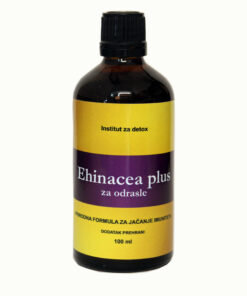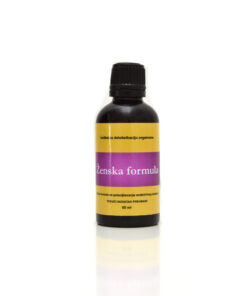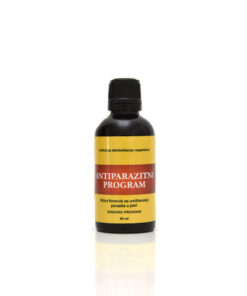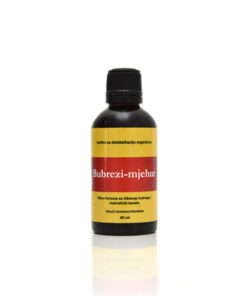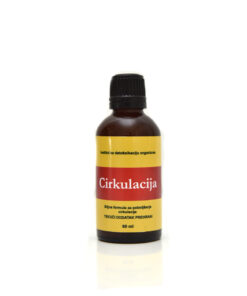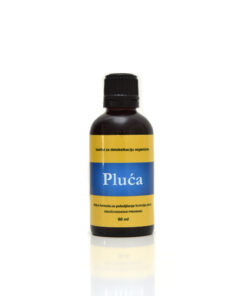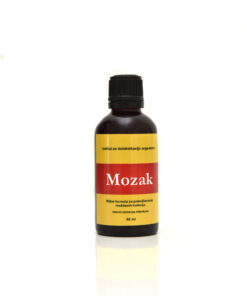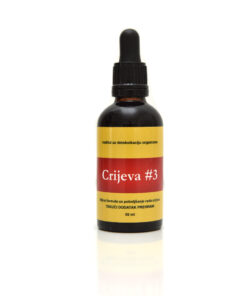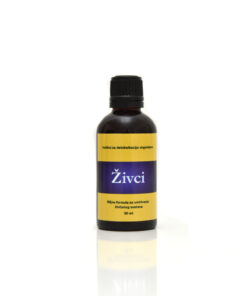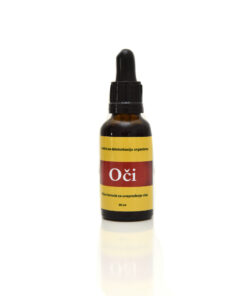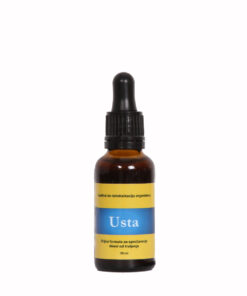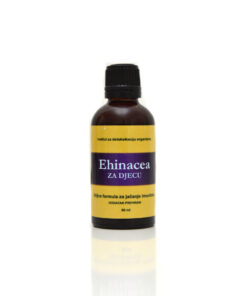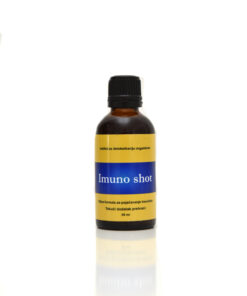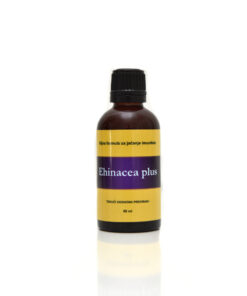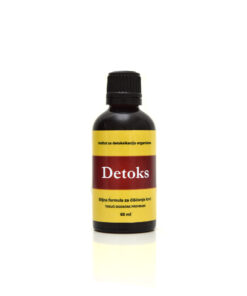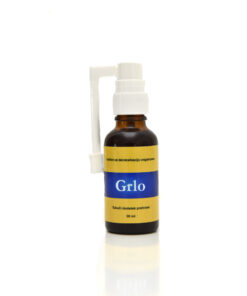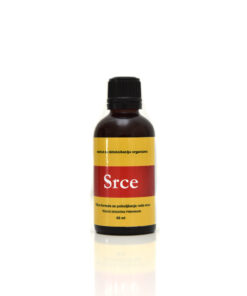13,00 €
Antibacterial formula
Antifungal formula
Oregano essential oil consists primarily of monoterpenoids and monoterpenes, with the relative concentration of each compound varying widely depending on geographic origin and other factors. More than 60 different compounds have been identified, of which the primary ones are carvacrol and thymol in the range of over 80%, while less abundant compounds include p-cymene, γ-terpinene, caryophyllene, spathulenol, germacrene D, β-phenyl alcohol and δ-terpineol. .
The main components of oregano essential oil are carvacrol and thymol. They may have antimicrobial properties. In the laboratory studies from 2019. carvacrol and thymol prevented various strains of the bacteria Staphyloccus aureus (S. aureus) from growing in meat and dairy products, suggesting that it could help control the growth of bacteria in food. Amid growing concerns about diseases becoming resistant to antibiotics, researchers Trusted Source conducted laboratory tests to investigate the effects of oregano oil on a variety of microbes that do not respond to other medications. The oil showed "significant antibacterial activity" against 11 such microbes. This suggests that substances in oregano may play a role in fighting ailments that no longer respond to antibiotics. Although these tests show that compounds in oregano may have antibacterial properties.
According to one review literature, the oils and components of oregano oil, such as thymol and rosmarinic acid, appear to have anti-inflammatory properties.
Ingredients: Wild bran Oregano (Origanum vulgare).
Our wild-brewed wild oregano consists of several types of oregano, one of the types of oregano is with white flowers, which is extremely difficult to find in nature.
| Nutritive value |
The quantity in one tablespoon of oregano is 2.6 grams | Daily needs for adults |
| Calcium (mg) | 4.6 | 1,000–1,300 |
| Vitamin A (mcg, RAE) | 6.9 | 700–900 |
| Beta carotene (mcg) | 81.7 | No data |
| Beta cryptoxanthin (mcg) | 1.2 | No data |
| Lutein and zeaxanthin (mcg) | 147.0 | No data |
| Vitamin K (mcg) | 10.8 | 75–120 |
